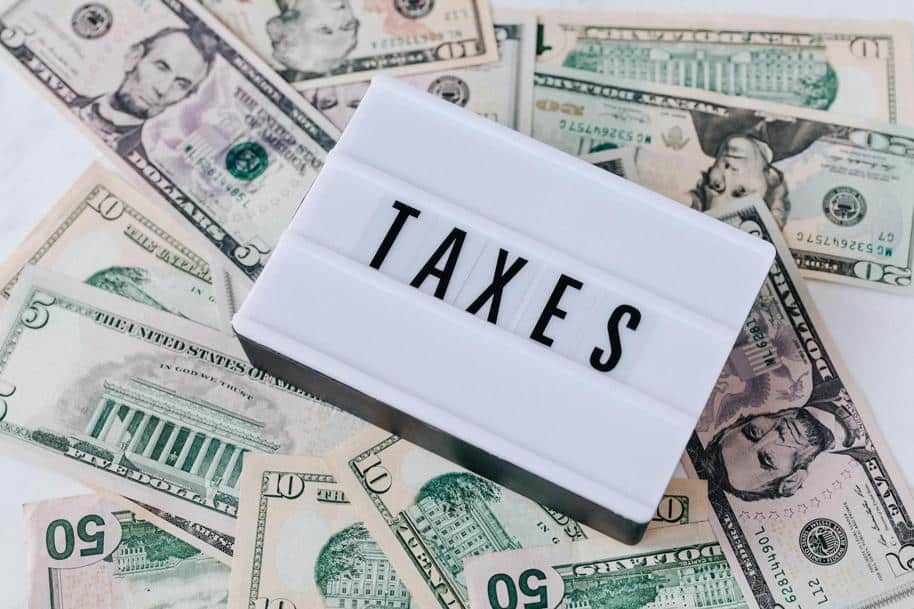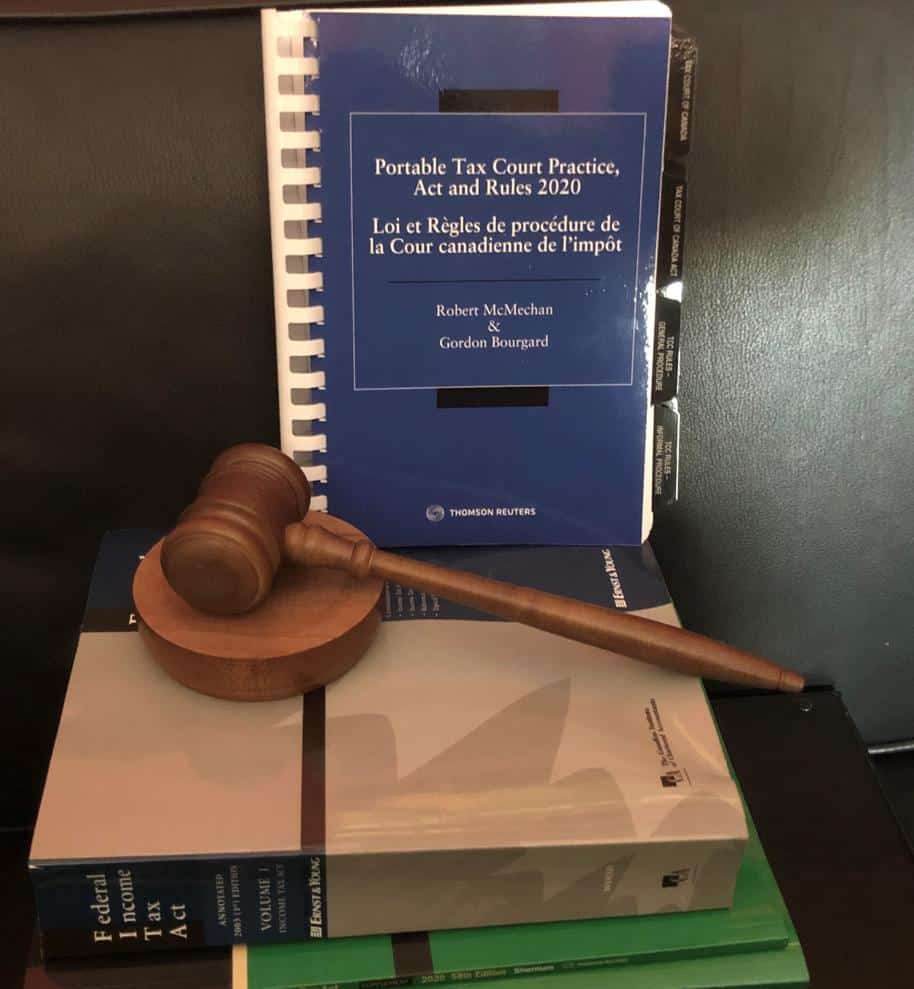INTRODUCTION Understanding Your Tax Affairs and Vigilance to CRA Communications is Necessary To Avoid Tax Liabilities Failure to understand your tax affairs or check your CRA online account regularly could cause you significant tax liabilities. Ignorance of CRA practices and procedures may also deny you certain procedural rights. At...
Introduction To Trusts: What Are They? In Canada, a trust is a legal arrangement where one party, known as the trustee, holds and manages assets for the benefit of another party, called the beneficiary. The trust is established by the settlor, who creates a document known as a trust...
What is an Employer Ownership Trust? An Employee Ownership Trust (EOT) is a Canadian-resident trust designed to hold shares in qualifying businesses on behalf of employees, supporting succession planning and promoting employee ownership in small and medium-sized enterprises. The EOT framework allows employees to borrow from the business to...
Introduction: The CRA’s Taxpayer Relief Program A Canadian taxpayer may face penalties and interest owing to the Canada Revenue Agency (“CRA”) for many reasons, including late filing a return and failing to pay a tax debt on time. Subsection 220(3.1) of the Income Tax Act empowers the Minister of...
Introduction: Derivative Tax Liability under Section 160 of Canada’s Income Tax Act Section 160 of Canada’s Income Tax Act is a tax collection tool. It prevents tax debtors from trying to hide assets from the Canada Revenue Agency’s tax collectors by transferring those assets to spouses, friends, relatives, related...
CRA assessed $2.7 billion in additional tax and penalties from 2015 – 2023, including $1.4 billion in unpaid taxes in Ontario and $1.3 billion in British Columbia real estate sector Ontario and British Columbia (B.C.) real estate are proving lucrative for the CRA. The agency identified $426 million in...
INTRODUCTION: LOSS CARRYOVER CLAIMS EXCEEDING $200,000, ARE MORE LIKELY TO GET AUDITED A routine loss carryover claim could trigger a tax audit. This is especially so, where the taxpayer is not aware of the relevant considerations of the CRA with respect to such claims. It is even more difficult...
Introduction – How CRA Assessments are Appealed to the Tax Court of Canada The Tax Court is a federal court that has the jurisdiction to deal with matters involving all taxpayers including corporations and trusts related to the Canada Revenue Agency (“CRA”). The Tax Court was created by the Tax...
Introduction To Non-Resident Withholding Tax When non-residents receive income from Canadian sources, such as dividends, interest, royalties, or rental income, the Canadian government imposes a withholding tax on this income. The payor (e.g., a corporation or individual in Canada) is responsible for deducting the tax from the payment and...
Introduction: Landlord’s Tax Obligations Canada has, over the years, gradually become a difficult business for landlords. In particular, Canada has grown much less welcoming towards short-term rental units. In fact, the government of Canada has specifically targeted landlords who operate short-term rentals and imposed a series of additional taxes...










